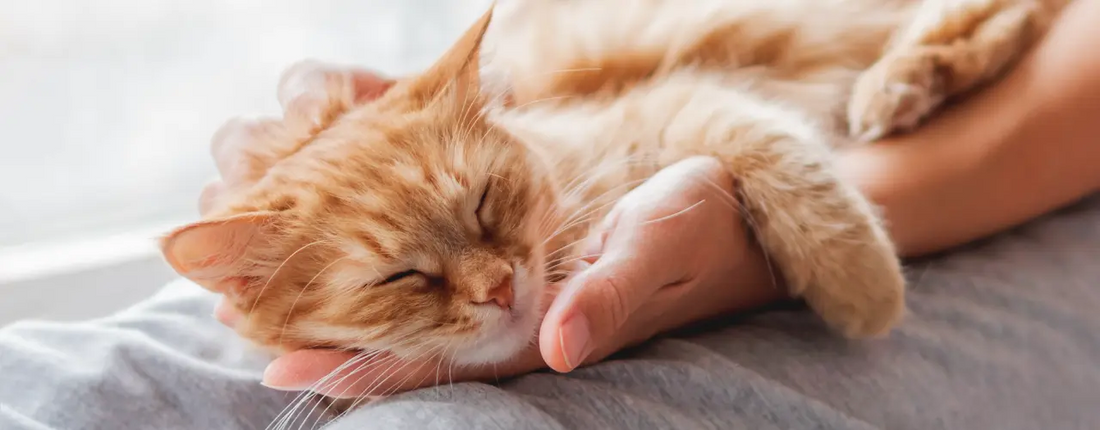
Raw Diet for Cats with IBD
Written by Darwin's
Irritable Bowl Disorder (IBD) in Cats
A syndrome where the small or large intestine becomes chronically inflamed. Unfortunately, nailing down the cause can be tricky. In some instances, there may be no underlying cause and despite extensive (and expensive) testing. Irritable Bowl Disorder (IBD) ends up being labeled idiopathic IBD — idiopathic meaning “no known cause”. While there has been a significant research most vets agree idiopathic IBD is likely due to a defect in the cat’s immune system; causing it to atypically react to substances or infectious agent in the intestines.
Diets Need to be Species Appropriate for Obligate Carnivores (Cats)
A cat’s basic nutrient requirements are easily found in the tissues of traditional cat prey. These days most household cats don’t hunt (at least mine doesn’t). Unfortunately, animal-only diets are often considered as too expensive. This leaves commercial brands that get much of their nutrients from plants. Feeding cats’ species appropriate (which often requires raw diets) and recognizing them as obligate carnivores goes a long way to help stave off damage to their intestinal tracts. Any processing of food changes its chemical and biological structure.
Raw Diets Are Easy to Digest and Have High Bio-Availability
We live in an era of convenience foods. The more your cat’s food is processed, the more the chemical balance is changed – basically it’s less nutritious, not to mention its taste. So, to compensate for this flavor enhancers along with appetizing colors are added during the process. Oops, can’t forget the preservatives. All of this results in a diet that your cat can not digest, let alone get the proper nutrients from. A fresh raw diet made from high quality meat sources will be easy on their stomach as well as provide the probiotics they need to rebuild a healthy gut.
Cats with IBD Can Restore Their Gut Health With A Raw Diet
The result of processed food is poorly controlled protein, grains, fillers, toxic additives and preservatives that line the shelves of our local market, pet store or easily purchased online. They do very little for gut flora or offering anything resembling substantial probiotics. Raw living food provides the good bacteria cats need for balanced gut flora, along with natural raw cat treats that support overall wellness.
Bottom line: IBD is curable. Using a variety of meat based protein sources that are high quality, bio-available, and easy to digest. This will restore gut health. And yes, Darwin’s has all of these things.
“My cat’s inflammatory bowel disease (IBD) symptoms disappeared – quite literally – within 24 hours after making the complete transition to a raw, grain-free diet.” Sammy J – Idaho


